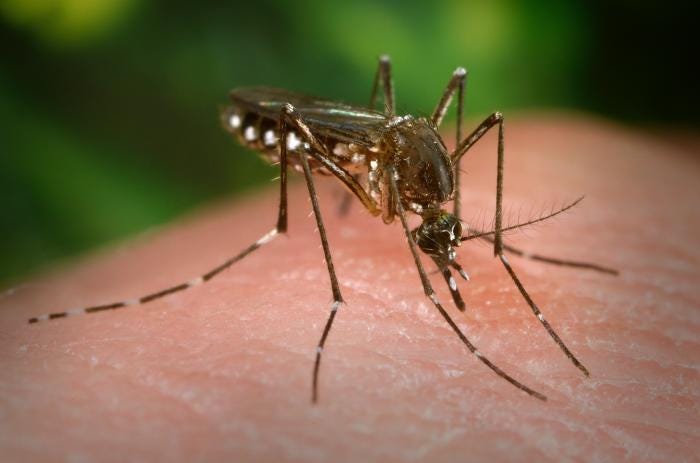Health authorities in Tonga continue to report dengue fever cases on the Polynesian island country one month into the outbreak.
Officials reported eight new cases today, bringing the outbreak total to 292 since the outbreak was declared by Ministry of Health on February 19.
The majority of cases (56 percent) are reported from Vava’u with 164, followed by Tongatapu (93) and ‘Eua (35). Dengue Virus Type 2 (DENV-2) is the responsible virus for this current outbreak in Tonga.
Children ages 10 to 19 years has been the most affected group. A seven months old baby is the youngest person affected in the dengue fever outbreak. Fortunately, no deaths have been reported to date.
Tonga does have a history with dengue reporting outbreaks in 1974, 1975, 1998. 2003 and 2018, with fatalities reported in some.
An outbreak of dengue type 2 infection occurred in the Pacific island Kingdom of Tonga in 1974 and an outbreak of dengue type 1 occurred there in 1975. The 1974 outbreak was characterized by relatively mild clinical disease with few hemorrhagic manifestations, a low attack rate, and relatively low viremia levels. No deaths were reported.
The 1975 outbreak was characterized by relatively severe disease with frequent hemorrhagic manifestations and a high attack rate. 12 fatalities were reported.
The 2018 outbreak had at least 70 cases.
Aedes aegypti and Aedes nocturnus are known mosquito vectors of dengue fever in Tonga.
Chikungunya Epidemic in Reunion
Dengue is a disease caused by a virus spread through mosquito bites. The disease can take up to 2 weeks to develop with illness generally lasting less than a week.
Symptoms from dengue include fever, headache, nausea, vomiting, rash, muscle and joint pain, and minor bleeding.
Dengue can become severe within a few hours. Severe dengue is a medical emergency, usually requiring hospitalization.
In severe cases, health effects can include hemorrhage (uncontrolled bleeding), shock (seriously low blood pressure), organ failure, and death.





